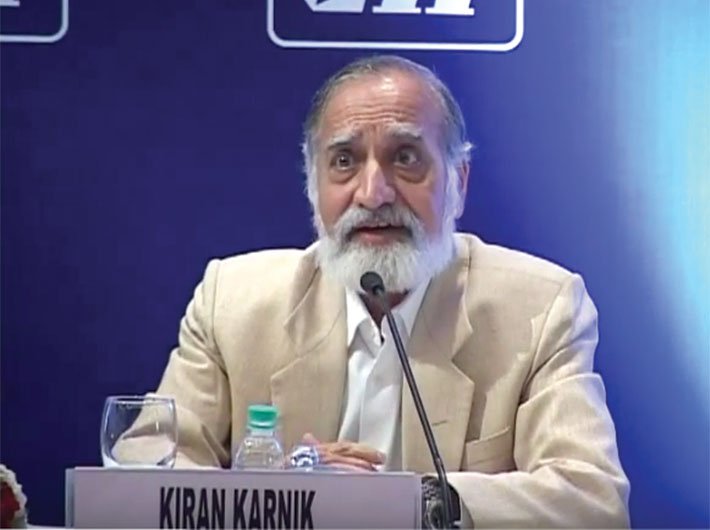Are the companies viewing the mandatory CSR as an additional responsibility or burden? What was the sense you got while holding consultations for your report?
I must admit that a lot of corporates view the workload and paperwork involved in the compliance of the law on mandatory CSR as an additional responsibility. It’s true that a lot of work was already being done by the companies even before the law happened. They were not doing it with an intention but now they have to do it more seriously. Obviously, this involves a lot of paperwork, framing and execution of a specific programme. However, in general, the companies have welcomed the two percent mandatory spending on CSR though they clearly do not like to explain the same to the government under the new law.
What are the problems small companies have been facing in following the law?
A lot of smaller companies feel that while they are able to contribute to the social sector they do not have the capacity to work on a programme, as specified by the law on CSR. Right now we haven’t suggested anything on this but, maybe, as the law evolves, they too can be given a role.
Some companies complain that they prefer their own employees undertaking the CSR but that is not being counted as spending on the CSR.
It did not emerge as a major area of concern while we were talking to the stakeholders. However, it’s a good thing that the law on CSR is able to sensitise corporates and employees. In today’s world most of the employees are cut off from the realities of India – they have gone to good schools, studied in colleges abroad and joined a job. If the CSR law is able to generate interest among the employees on social issues and arouse a desire to contribute to the change, then it must be welcome. The corporates, instead of passing on social responsibility to a NGO can give it to their employees who feel interested. But the problem will be: How to monitor such kind of activity? How to monetise this? How to audit it?
In the coming years how do you see the relationship between the government and the corporate world evolving over the CSR?
In the long term, frankly, I would like to see this law disappear. We should evolve to a level where social sensitivities of the companies and the society at large are so strong that to give back becomes a good business proposition as well. The consumers should prefer the products of companies with good social profile and the companies should see giving back as value addition to their business. I would like us to reach a stage where the giving nature of business should make companies sell more. Ideally the corporates should do such things on their own, but at a given stage of our evolution, I think, the law will give a little push to their CSR activities.
Companies wanted you to recommend that the money they have not been able to spend from the CSR kitty in one year should be allowed to be carried forward.
Yes, during our consultations, there were suggestions that the CSR funds that companies have not been able to spend for some reasons should be allowed to be carried forward. We agree with the suggestion. But we have recommended that a sunset clause of five years should be put on the carry forward regime and after that the unspent money should go to the government. The carry forward business cannot be allowed forever.
NGOs have been complaining that the corporates are not giving them enough role in the CSR implementation. Is it true?
Yes, even I have come across these issues, though not during the consultations (for the report). The scene today is that the companies have to spend two percent of their profits on CSR and they do not have the expertise for it. So they have to depend on NGOs. Unfortunately, at present there is deep mistrust between the two. The companies see NGOs as troublesome entities which are only good at hampering business and launching agitations. On the other, NGOs consider the corporate world as a blood-sucking vampire which can do anything to make money. Both will have to sit together and change their attitudes. NGOs should also behave like partners with the companies in this.
Do you see the CSR-driven development transforming India?
CSR spending is not so huge as compared to the overall spending on the development sector by the government. However, what this regime will do is to incorporate the efficiency and way of doing business by the companies, plus NGOs drive and create ideas that can be planted anywhere. This law has a huge transformational potential.
Will Indian society become more giving with the CSR regime in place?
India is the first country to have a mandatory CSR regime for the corporate sector. But we are far behind others in the spirit of giving. We can learn a lot from the biggest capitalist country of the world – the USA, where philanthropy is a way of life with the corporates and others. However, the Indian model is being keenly monitored in the developing countries, which are keen to replicate this in their countries. The United Nations is also watching our mandatory CSR regime.
puja@governancenow.com
(The interview appears in the October 16-31, 2015 issue)
